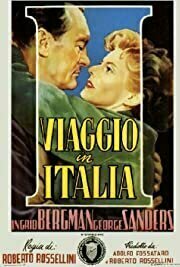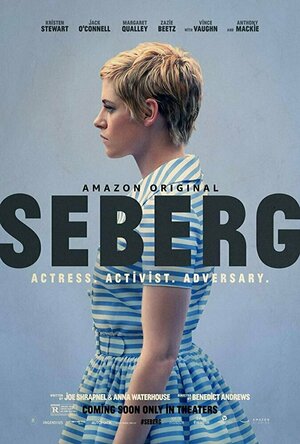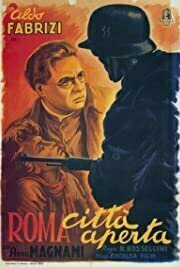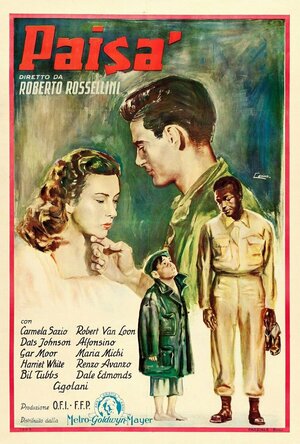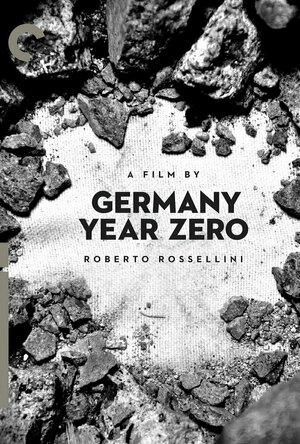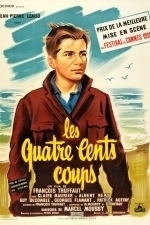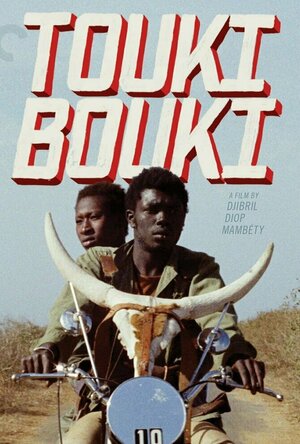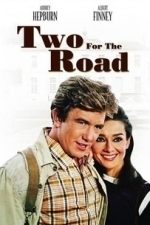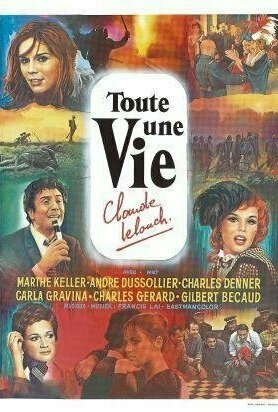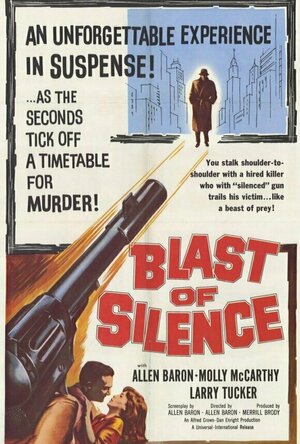Search
Search results
Richard Hell recommended Journey to Italy (1954) in Movies (curated)
Awix (3310 KP) rated Seberg (2019) in Movies
Jan 14, 2020
Tonally awkward drama-thriller hybrid about the troubled life of 60s film star Jean Seberg (ask your grandparents, probably). Didn't know much about her (actually thought she was French), expected something arty and significant about the French New Wave - actually this borders on being another film about the Plight of Black America. Seberg (Kristen Stewart, watchable as usual) strives for significance, gets mixed up with the civil rights movement, finds herself surveilled and then tormented by the FBI.
Starts off quite interesting - Seberg is largely a forgotten figure nowadays, so the story is obscure - but as the thriller elements recede and it becomes more of a downbeat drama, the vitality and interest of the movie fades somewhat. If there is an irony in Stewart choosing to play a movie star looking to be more than just a pretty face in commercial schlock, the movie seems unaware of it. Pretty good performances, especially from Vince Vaughn (now quite well-established as a character heavy), but fizzles out a bit.
Starts off quite interesting - Seberg is largely a forgotten figure nowadays, so the story is obscure - but as the thriller elements recede and it becomes more of a downbeat drama, the vitality and interest of the movie fades somewhat. If there is an irony in Stewart choosing to play a movie star looking to be more than just a pretty face in commercial schlock, the movie seems unaware of it. Pretty good performances, especially from Vince Vaughn (now quite well-established as a character heavy), but fizzles out a bit.
